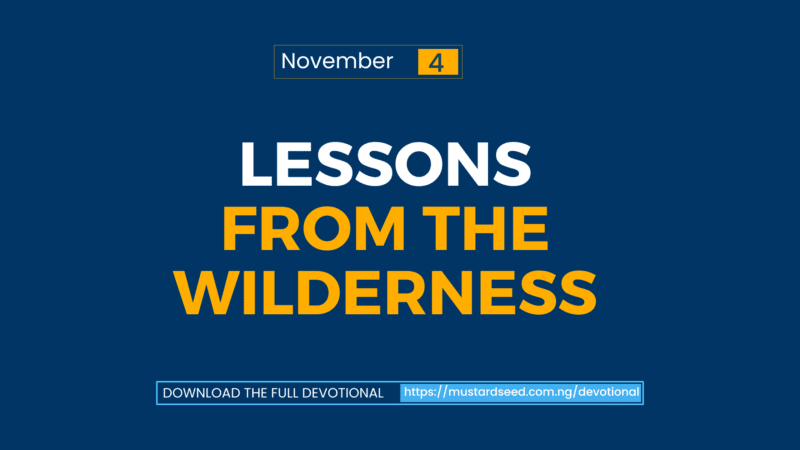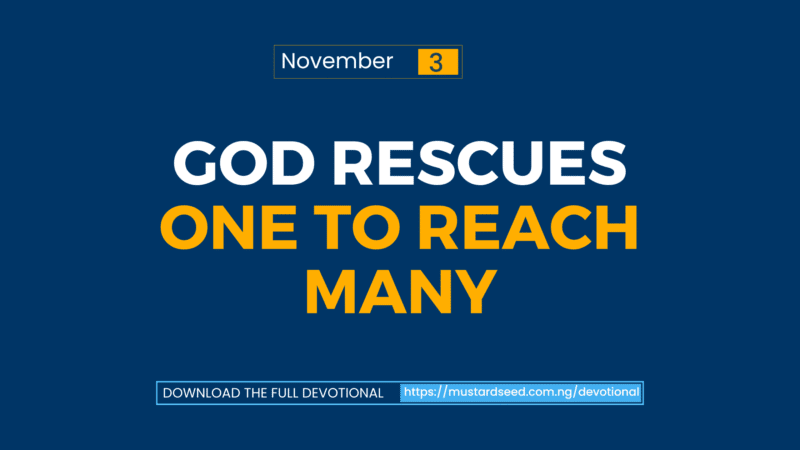When Moses fled from Egypt into the wilderness, it might have looked like failure. He had gone from the palace to the desert, from being a prince to tending sheep. Yet, what seemed like a setback was really God’s setup. The wilderness wasn’t punishment, it was preparation. For forty years, God shaped Moses in solitude, humility, and dependence. By the time the burning bush appeared, Moses was no longer the impulsive prince but a man ready to be God’s instrument of deliverance.
Category: Devotionals
Moses’ story begins with danger, but it also reveals God’s hidden hand at work. Pharaoh had commanded that every Hebrew boy be killed, yet God preserved Moses in the very heart of Pharaoh’s household. The one who was supposed to die became the one who would eventually lead Israel out of slavery. Isn’t that just like God? He rescues one life in secret to prepare for the salvation of many.
Fear has a way of silencing us, especially when authority or danger is involved. The king of Egypt had given a terrifying command: kill every Hebrew boy at birth. For two midwives, Shiphrah and Puah, the choice was clear but costly: obey Pharaoh or honor God. They chose faith over fear. Instead of bowing to the most powerful man in the land, they stood firm before the Almighty, proving that reverence for God outweighs the threats of men.
Sometimes what begins as a place of blessing can slowly become a place of bondage. For the Israelites, Egypt was once a refuge from famine, a land where Joseph’s influence had opened doors of provision and favor. But over time, comfort without alignment to God’s calling turned into captivity. What was once a place of safety became a place of slavery. Isn’t it true that many times in life, the very things that once gave us comfort can also trap us if we hold on too tightly?
In our culture, wisdom is often measured by how well someone speaks, how many degrees they have, or how convincing their arguments sound. But James flips the script. He says if you’re truly wise, prove it with your life. Wisdom, according to God, is not about how much you say-it’s about how well you live. It’s not found in clever words, but in humble actions.
Let’s be honest: controlling our tongue is hard. One minute we’re encouraging someone, and the next we’re snapping at a loved one or venting online. James doesn’t sugarcoat it-he says the tongue is a “restless evil, full of deadly poison.” And then he drops the bombshell: no human being can tame it. That can sound discouraging-until you remember that what we can’t do, God can.
Have you ever found yourself worshiping God on Sunday morning, then tearing someone down with your words by Monday afternoon? James calls this out with sharp clarity-blessing and cursing shouldn’t flow from the same mouth. It’s like taking a sip of sweet water, only to have it followed by something bitter. Our speech was never meant to be a mixed stream.
It’s amazing how something so small can cause so much damage. James compares the tongue to a tiny spark that can ignite an entire forest. Just a few careless words-spoken in anger, pride, or sarcasm-can set hearts ablaze, destroy relationships, and leave behind scars that linger far longer than bruises. Most of us have either started or been burned by that kind of fire.
Rahab’s name doesn’t sound like the name of a faith hero. She was a Gentile. She was a prostitute. She was an outsider. And yet, James highlights her in the same breath as Abraham. Why? Because when push came to shove, she chose faith. She hid the Israelite spies, risking her life in the process, because she believed in the power of Israel’s God more than the authority of her king.
Abraham’s story is one of the most powerful examples of faith the Bible offers. When God asked him to offer his son Isaac-the child of promise-on the altar, Abraham didn’t hesitate. That moment wasn’t just about belief; it was about obedience. James points to this act as evidence that faith isn’t complete until it shows up in how we respond to God, even when the cost feels high.









